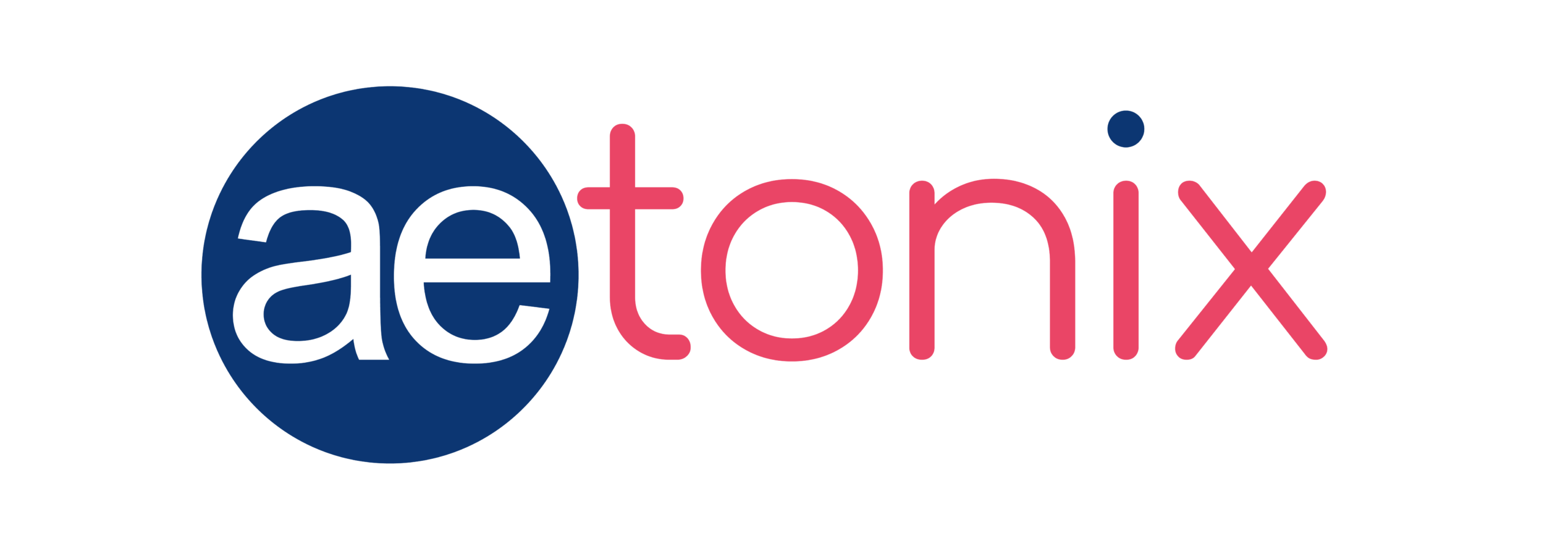If you run a residential care facility, assisted living residence, or group home, you may be thinking about adopting an electronic medical alert system.
The extent to which this technology can help caregivers respond to falls, wandering episodes, and other hazardous events is nothing short of incredible. But did you know that many of these systems provide other, unexpected benefits?
We’re not talking about little perks. We’re talking about ways of improving the quality of life of your residents – and your staff. We’re talking about doing more with less, which means operating your facility in the most efficient way possible.
Read on to learn some of the surprise benefits of using a medical alert system – and how you can achieve them.
1) Increased Prioritization Capabilities
Reliable medical alert systems tell caregivers the moment an emergency occurs. But what many decision-maker don’t know is that new technology can enable staff to assess the severity of an incident the moment it occurs – before rushing to a resident’s room.
Why does this matter? For the same reason sophisticated triage systems matter in emergency rooms. There are times when several situations demand immediate attention.
Most facilities don’t have the manpower to investigate numerous incidents at the same time. But with the right medical alert system, staff members can prioritize their responses.
By establishing immediate, two-way communication with those who need assistance, caregivers can assess the degree of seriousness of each incident in real time and respond appropriately. Systems that use direct video feeds can be especially useful, as they allow staff to carry out assessments when residents are nonverbal or not in a position to respond.
2) Less Lonely Residents
It might surprise you to hear that residents can see benefits from a medical alert system that extend beyond safety. The right system can also alleviate feelings of loneliness.
When most people think of loneliness, they think of social isolation. The truth, as many caregivers know, is that those who live in facilities often feel lonely despite contact with staff and other residents. Many crave strong connections with the outside world – especially with family members.
Most medical alert systems are designed for one form of communication – alerting. But there’s no reason that the systems that send alerts from one electronic device to another shouldn’t also be used to strengthen personal connections.
What if video chat was as easy to use as an emergency alert bracelet? What if all a resident had to do to call a loved one was touch a picture on a tablet screen?
With a medical alert system like Aetonix, the same technology used to alert caregivers of potential danger can be used to establish face-to-face connections between residents and their loved ones.
3) Peace of Mind
We know how stressful it can be. We frequently talk to facility decision-makers. They tell us about the rewards that come with their jobs, but they also tell us about the stresses.
It’s easy to understand why many directors and operators are skeptical of tools, solutions, and management techniques designed to make their lives easier.
But you might want to think seriously about technologies that would put the eyes and ears of caregivers in every room, hallway, and corridor in your facility – all without invading the privacy of residents (systems that only activate video and/or audio feeds during an emergency can preserve privacy).
The truth is, these systems really can provide peace of mind. For people who spend so much of their professional lives caring (and worrying) about others, this mental benefit can come as a complete surprise.
So, is a Medical Alert System Right for Your Facility?
Nobody knows your facility the way you do. What are the most pressing needs that you deal with on a regular basis? Chances are, there’s a system that can address several of your biggest challenges.
Given the potential benefits, why not at least consider an alert system?

